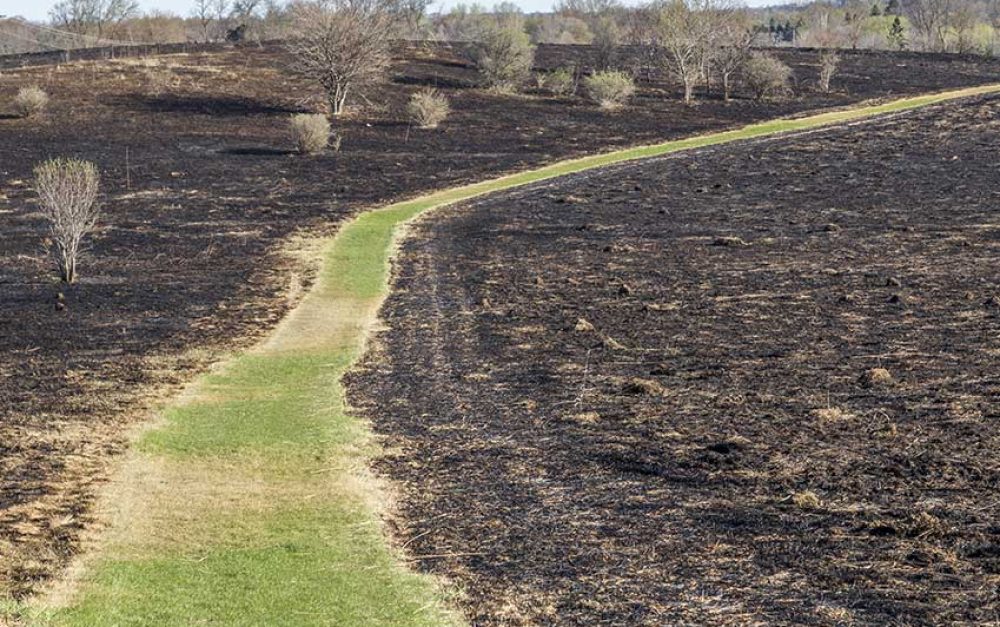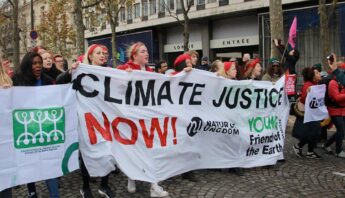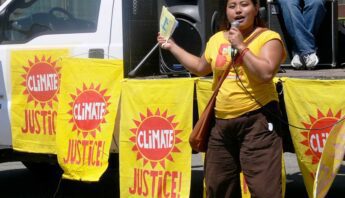On June 1, in a snub to science and the world, Trump announced he is withdrawing the United States out of the Paris Agreement
On June 1, in a snub to science and the world, Trump announced he is withdrawing the United States out of the Paris Agreement — the global accord aiming to curb greenhouse gas emissions and mitigate climate change. Almost immediately following the announcement, states, cities and businesses began stepping up to make their own climate commitments.
At present, over 1,400 actors have pledged to individually uphold the U.S. mitigation targets and adhere to the guidelines outlined in the accord — even if the country as a whole won’t participate in the agreement.
“Trump may be out, but America isn’t”
On the very day Trump declared he was pulling the country out of the agreement, California, New York and Washington launched the United States Climate Alliance. Thirteen governors have now joined the alliance, and six other states have expressed their support.
Even though the U.S. is the second-highest greenhouse gas emitter, members of the newly formed Climate Alliance together represent more than a third of the country’s GDP — and make up the third-largest economy in the world behind the U.S. and China. These states, cities and businesses are committing to the original U.S. goal under the Paris Agreement to reduce emissions by 26-28% from 2005 levels by 2025.
Ag states lead the way
Several of the states joining the alliance are agricultural heavy hitters. Given that industrial agriculture is a top driver of climate change, with our current food system responsible for one-third of global emissions, we’ll be looking to these states to help pave the way toward more climate-friendly farming.
Scientists tell us that agroecological growing practices and carbon farming have the potential to massively increase carbon sequestration and even roll back climate change through reduced reliance on fossil fuels — and increased carbon sequestration and water capture in soil.
Shortly after the 2015 Paris climate talks, where the agreement was born, longtime farmer and author Eric Toensmeier published a book in which he presents solid scientific evidence and data that if implemented on a larger scale than currently practiced, regenerative agriculture could draw down more than 100 billion tons of carbon into the soil, bringing us back from our current climate change tipping point.
As they explicitly commit to addressing climate change, we’re looking to California, Minnesota and Washington to identify agroecology and carbon farming as key solutions in reaching emissions reduction goals.
Join PAN in thanking the governors of these states, and encouraging them to continue standing up for climate action and justice, even if the president does not.







